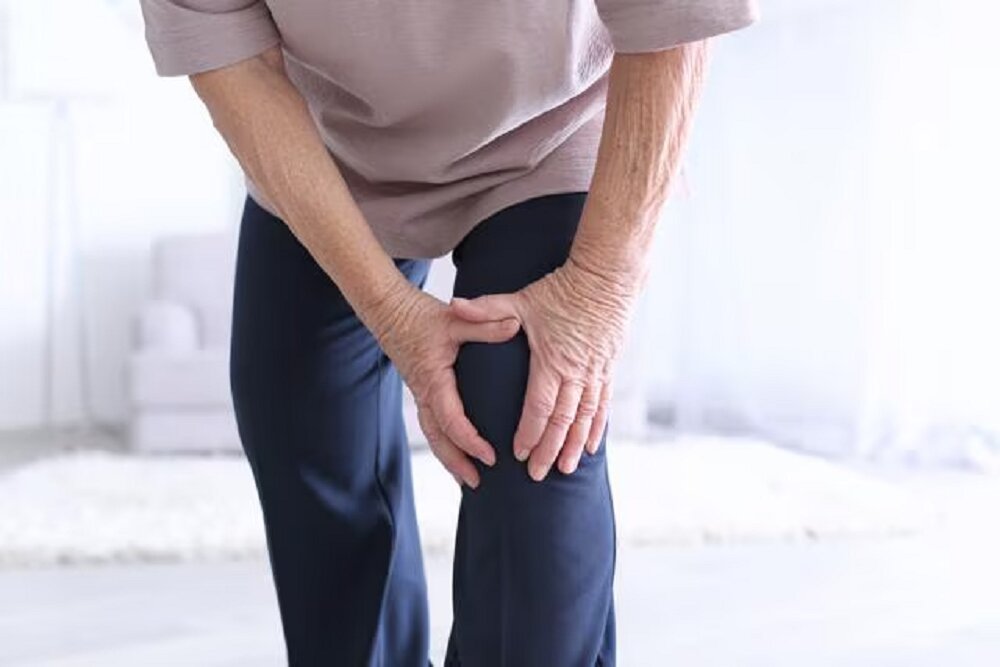Researchers may have identified and investigated the cause of the long-debated cause of knee phonation, which is common at any age, with or without an underlying injury.
According to RCO News Agency, Many of us have experienced knee creaking, or crepitation, which is a medical term for when your knees audibly rub. This is a common phenomenon and can occur at any age, but does it indicate a bad thing?
According to New Atlas, the main cause of knee joint noise is still a matter of debate. The scarcity of research into its causes means that when a patient asks, what’s causing this knocking in my knees and what can I do about it? Medical professionals do not have the right answer for it. So researchers at La Trobe University in Melbourne reviewed past studies of joint noise to see if they could pinpoint the cause.
Jamon Couch, from the Trobe Medical Research Center and lead author of the study, says: “Health professionals often find it difficult to give advice on knee joint noise due to the lack of research.
Researchers reviewed 103 studies from 28 countries that included 36,439 participants. Eighty-six studies assessed joint noise through a physical examination, 10 studies used subjects’ self-report, four studies used both physical examination and self-report, and three studies did not describe the assessment method. Analyzing the data, they found that 41 percent of the general population had loud knees.
“Knee joint sounds were common in people with and without knee injuries,” says Koch. We found that 36 percent of people who had no knee injury had a knock in their knees, although it was much more common in people with knee cartilage damage. We found that this sound is present in 81% of knee arthritis sufferers.
The link between loud knees and osteoarthritis, including the presence of structural changes in the knee joint, was of concern to the researchers.
One of the alarming discoveries we made was that people with knee noise were more than three times more likely to develop osteoarthritis and twice as likely to have osteoarthritis-related knee joint changes on magnetic resonance imaging (MRI) scans. to show
Although an increased risk of osteoarthritis is something to watch out for, the researchers said their results should be interpreted with caution. More research is needed.
Although the long-term consequences of knee noise are under investigation, people generally should not worry about their loud knees and should be encouraged to continue exercising, Koch says. If it isn’t painful, it probably isn’t causing any damage.
This study was published in the British Journal of Sports Medicine.
end of message
RCO NEWS
















